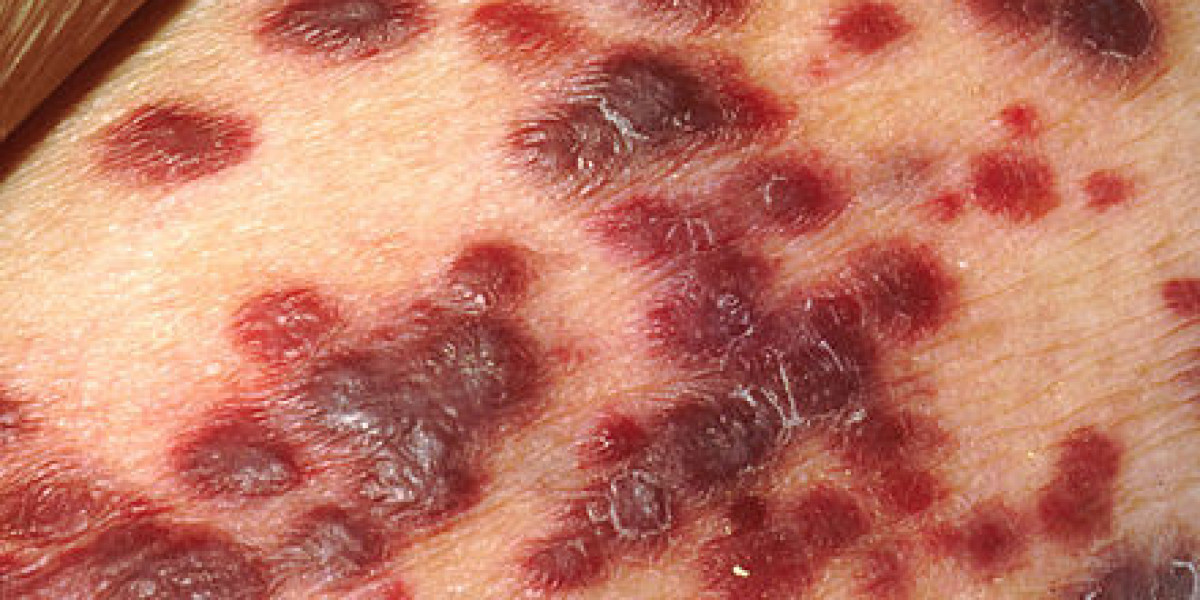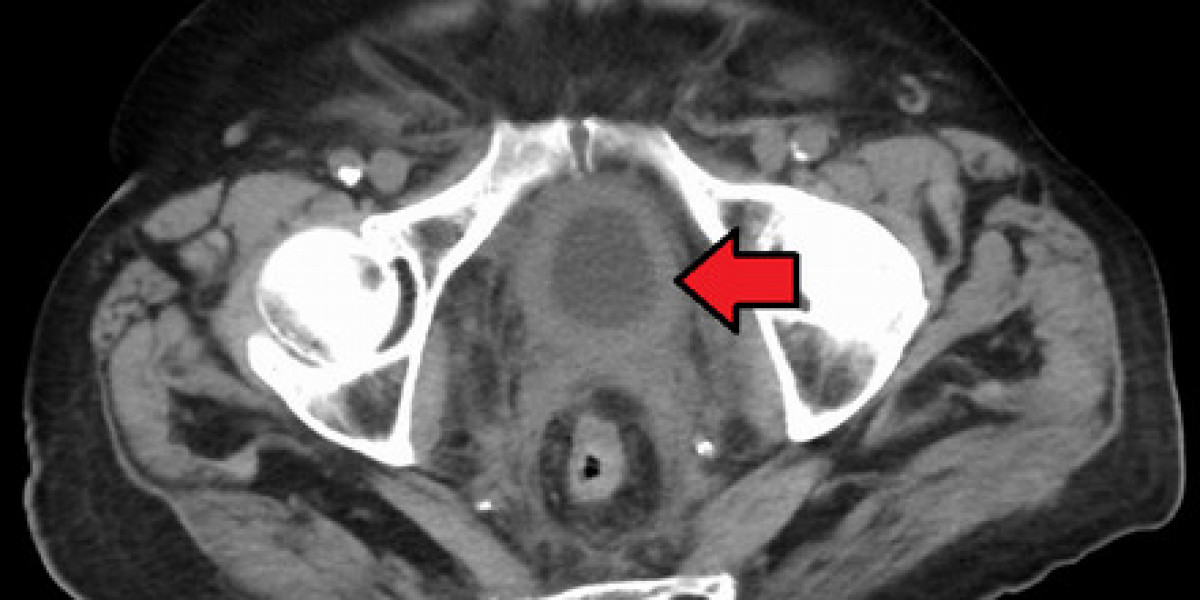AIDS-related cancer, also known as HIV-associated cancer, refers to cancers that occur in people with HIV/AIDS. These cancers are often more aggressive and harder to treat than cancers in people without HIV/AIDS.
**Types of AIDS-related Cancers**
There are several types of cancers that are more common in people with HIV/AIDS, including:
1. **Kaposi's sarcoma**: A type of cancer that affects the skin, lymph nodes, and other organs.
2. **Non-Hodgkin lymphoma**: A type of cancer that affects the immune system.
3. **Invasive cervical cancer**: A type of cancer that affects the cervix.
4. **Anal cancer**: A type of cancer that affects the anus.
5. **Lung cancer**: A type of cancer that affects the lungs.
6. **Liver cancer**: A type of cancer that affects the liver.
7. **Hodgkin lymphoma**: A type of cancer that affects the immune system.
**Causes and Risk Factors**
The exact cause of AIDS-related cancer is not fully understood, but several factors are thought to contribute to the increased risk, including:
1. **HIV infection**: HIV infection weakens the immune system, making it harder for the body to fight off cancer cells.
2. **Immunosuppression**: The use of immunosuppressive medications to treat HIV/AIDS can increase the risk of cancer.
3. **Human papillomavirus (HPV)**: HPV is a common virus that can cause several types of cancer, including cervical, anal, and oral cancer.
4. **Epstein-Barr virus (EBV)**: EBV is a common virus that can cause several types of cancer, including non-Hodgkin lymphoma and Hodgkin lymphoma.
5. **Hepatitis B and C**: These viruses can increase the risk of liver cancer.
**Symptoms**
The symptoms of AIDS-related cancer can vary depending on the type of cancer and the location of the tumor. Common symptoms include:
1. **Weight loss**: Unexplained weight loss is a common symptom of many types of cancer.
2. **Fatigue**: Feeling tired or weak is a common symptom of many types of cancer.
3. **Pain**: Pain is a common symptom of many types of cancer, particularly in the later stages.
4. **Swollen lymph nodes**: Swollen lymph nodes in the neck, armpits, or groin can be a symptom of lymphoma or other types of cancer.
5. **Changes in appetite**: Changes in appetite or difficulty eating can be a symptom of many types of cancer.
**Diagnosis**
AIDS-related cancer is typically diagnosed through a combination of physical examination, medical history, and laboratory tests, including:
1. **Imaging tests**: Imaging tests, such as X-rays, CT scans, and MRI scans, can help diagnose cancer and determine its location and extent.
2. **Biopsy**: A biopsy involves removing a sample of tissue from the affected area to examine for cancer cells.
3. **Blood tests**: Blood tests can help diagnose cancer and monitor the effectiveness of treatment.
**Treatment**
Treatment for AIDS-related cancer typically involves a combination of chemotherapy, radiation therapy, and antiretroviral therapy (ART). The goal of treatment is to achieve complete remission, which means that there are no detectable cancer cells in the body.
1. **Chemotherapy**: Chemotherapy is used to kill cancer cells throughout the body.
2. **Radiation therapy**: Radiation therapy is used to kill cancer cells in a specific area of the body.
3. **Antiretroviral therapy (ART)**: ART is used to treat HIV infection and prevent the progression of AIDS.
4. **Surgery**: Surgery may be used to remove tumors or affected tissues.
**Prevention**
Prevention is key to reducing the risk of AIDS-related cancer. This includes:
1. **HIV testing**: Regular HIV testing can help diagnose HIV infection early, when it is easier to treat.
2. **ART**: ART can help prevent the progression of HIV infection to AIDS and reduce the risk of cancer.
3. **HPV vaccination**: HPV vaccination can help prevent HPV-related cancers, such as cervical, anal, and oral cancer.
4. **Hepatitis B and C screening**: Screening for hepatitis B and C can help diagnose these viruses early, when they are easier to treat.
**Current Research**
Research is ongoing to develop new and more effective treatments for AIDS-related cancer. Some promising areas of research include:
1. **Immunotherapy**: Immunotherapy, which uses the body's immune system to fight cancer, is being explored as a potential treatment for AIDS-related cancer.
2. **Targeted therapies**: Targeted therapies, which use medications to target specific cancer cells, are being developed to treat AIDS-related cancer.
3. **Gene therapy**: Gene therapy, which involves using genes to repair or replace damaged cells, is being explored as a potential treatment for AIDS-related cancer.
Overall, while AIDS-related cancer is a significant concern, advances in treatment and ongoing research offer hope for improved outcomes and a better quality of life for people affected by HIV/AIDS.



